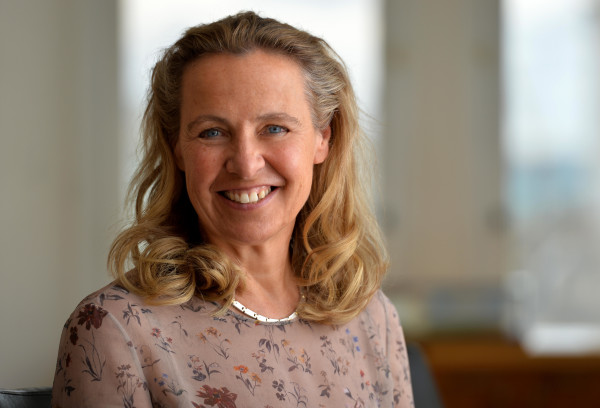

Amber River, the IFA consolidator founded by Openwork’s former chief executive, is set to close at least three more regional IFA deals before the end of 2022, taking the number of larger advice firms it has acquired so far to 14.
Previously known as The Socium Group, Amber River is backed by private equity firm Penta Capital and began buying firms in 2019.
This year, it has bought five advice firms - four of which have been ‘regional hubs’ - including a Cheltenham-based firm in March which took assets to £6.7bn.
These regional hubs have also been making their own acquisitions, the majority of which are retiring IFAs and which Amber River refers to as 'spoke' deals.
As of today (October 10), 25 of 36 acquisitions have been spokes, and five more spokes are set to close before the year is out, taking the overall deal total to 44.
Boss Mary-Anne McIntyre’s five-year plan is to build a 300 adviser-strong business. To date, adviser numbers sit at 239 and advised assets at £8.8bn.
By the end of this year, she expects the remaining three deals in Amber River’s 2022 pipeline to bring its adviser count to around 250 and its assets to £10bn.
Amber River buys 80 per cent stakes in regional firms, leaving the original owners with a 20 per cent shareholding. As for smaller spoke firms, the consolidator takes a 100 per cent stake.
“The whole germ of the idea for Amber River came from Openwork,” said McIntyre.
“We had 300-odd firms, but 80 per cent of our business came from about 30 of those. We tried to work out a model whereby we could support that kind of business.
“But we also learned that the best way to grow was just to support those firms, which is the heart of the model now.”
In 2021, Amber River’s adjusted operating profit grew from £700,000 the previous year to £13.1mn.
Loss before taxation was, however, £24mn. McIntyre said this loss was down to the equity interest retained by the management within its hub acquisitions.
“Upon an exit event such as a sale or flotation, Amber River has a right to acquire these interests under the terms of a put and call option,” she explained.
“Present accounting treatment requires that the movement in the cost of acquiring these interests be put though as a charge against profits each year.”
McIntyre said this loss will climb as the value of the group grows, to be realised on exit and paid by whoever acquires the Amber River.
The consolidator’s regional hubs operate as separate legal and regulated entities.
“We don’t collapse them,” said McIntyre. “They own risk on the compliance side, we don’t outsource this centrally. We do of course monitor compliance and financials, but this is oversight.
“Typically big firms buy small advice firms and kill them quite successfully. They turn the entrepreneur into an employee. But what we’re doing is helping them grow.”
Sitting on Amber River’s board is Martin Baines, an ex-Quilter Cheviot chief executive, as well as former Deloitte executive David Shearer who previously specialised in private equity mergers and acquisitions.
The firm’s chief financial officer is Simon Brunt, founder CFO of Openwork and then CFO of Intrinsic when it sold to Old Mutual - now Quilter - in 2014.
Only 2% of assets in DBTs
Amber River has been “very risk-averse from the beginning”, according to McIntyre, who said her team puts IFAs through a “rigorous due diligence” process before any deal is completed.
“We’ve seen 300 odd firms, and by the end of the year with hubs and spokes we’ll have bought about 50 of those,” she explained.
“We’re buying for growth. Any [regional] firm which is retiring isn’t for us. We’re buying management teams in the local area.
“We’ve been ever so cautious around DBTs [defined benefit transfers], which has been the key one where firms have had to provide [for liabilities]. We’ve probably got just less than 2 per cent of our assets in DBTs.
“That’s been hard. We come across some really nice firms and management teams, but we’ve just been ultra cautious. We think it’s right to do DBTs, but for very few clients. We stay open for business on it, but we’d do very few a year.”
McIntyre said Amber River uses DBTs as a guide to the culture of the firms it looks to buy. If the consolidator sees a large number of them, then a firm’s risk appetite likely won’t match its own.
ruby.hinchliffe@ft.com



